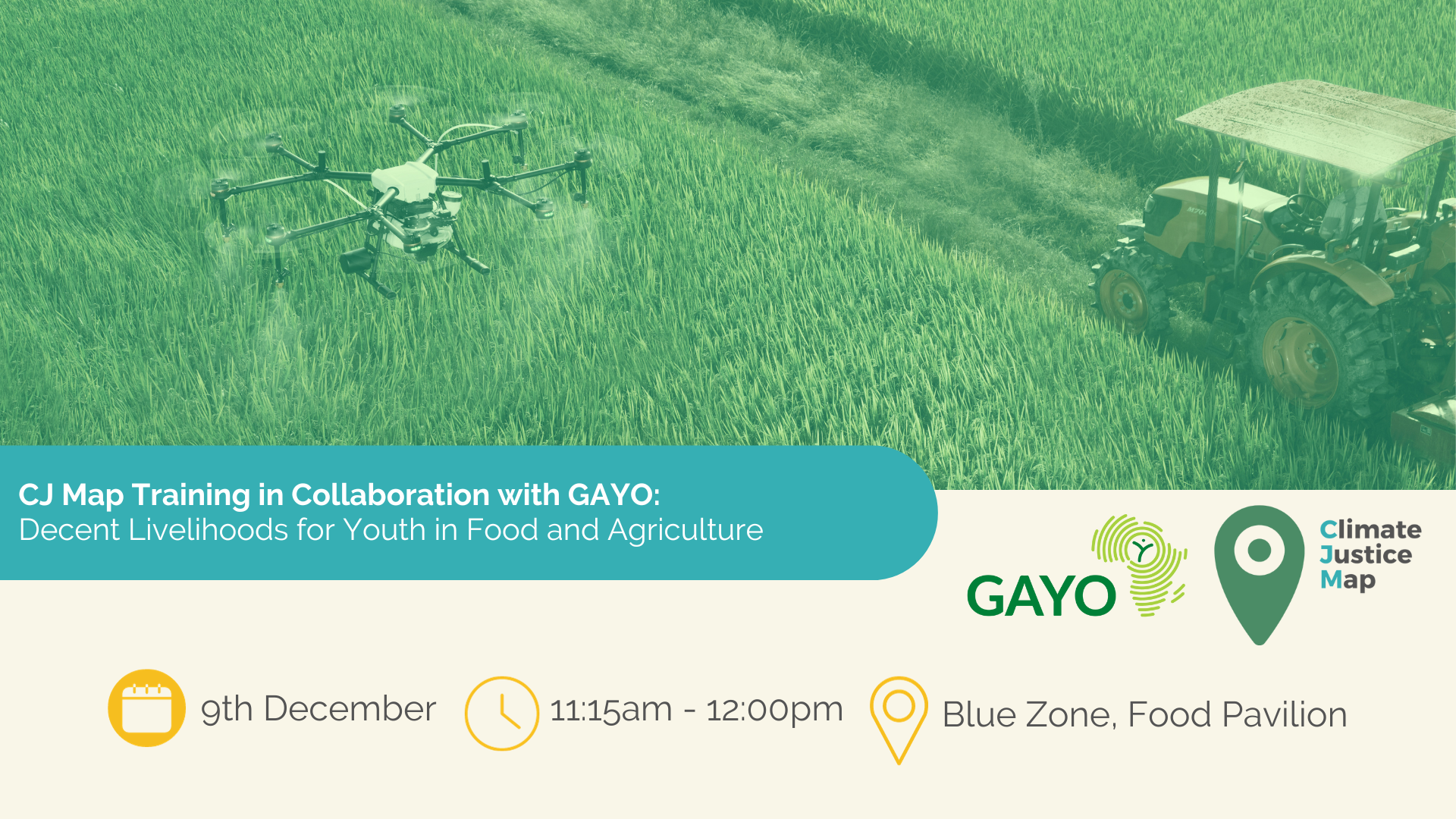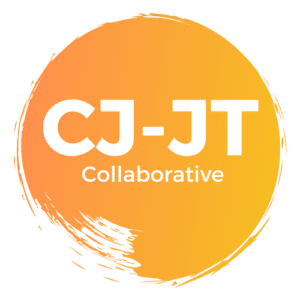
Decent Livelihoods for youth in Food and Agriculture
Blue Zone, Food Pavilion
Background
In the global pursuit of eradicating poverty and hunger(specifically as outlined in the Sustainable Development Goals (SDGs 1 and 2), a pressing imperative emerges: the creation of robust systems that support the approximately 4.5 billion people who rely on food systems for their livelihoods (United Nations, 2020). Food system workers, who play a pivotal role in feeding the world, find themselves mired in the challenges of poverty, chronic food insecurity, and a stark lack of labor and social protection measures. Agriculture stands as one of the most perilous sectors, where millions of agricultural laborers face fatal accidents, workplace injuries, pesticide poisoning, and occupational diseases. Astonishingly, about two-thirds of the world’s extreme poor are engaged in agriculture, with youth constituting approximately 70% of this demographic. The opportunities for young people to lead healthy lives and contribute productively to society are profoundly influenced by a multitude of factors, including the structural transformation of their countries and the commercial and agricultural potential within their regions. Agriculture, food, and water systems hold the potential to offer gainful employment opportunities and sustenance to millions of young individuals. Therefore, to build equitable livelihoods within the agribusiness- sector it is imperative to confront the glaring deficits in decent work that young people encounter within the agricultural sector.
Objective
- This event will showcase the role of youth in food-related programs while addressing the critical data and policy gaps that persist across food systems. These gaps are essential to ensure labor and human rights, foster economic and social justice, guarantee 100% living incomes and wages, and provide adequate and nutritious food for all individuals laboring within food systems.
- Furthermore, the Climate Justice – Just Transition Donor Collaborative, an initiative working to shift power and philanthropic resources to those on the front lines of climate injustice, will present a live demo of their newly launched Climate Justice Map (CJ Map) to spotlight organizations leading intersectional work within the agricultural sector, and demonstrate how this tool is a useful resource for the field and those working in this space to better understand who is doing what and where.
The Climate Justice Map is a tool mapping organizations and networks based in the Global South working across all 17 of the Sustainable Development Goals to achieve climate justice and a just transition. It is in the form of an open-source wiki and includes over 1,600+ organizations and networks with the core information available in four languages: Arabic, English, French and Spanish. The CJ Map includes the following number of organisations with a focus on: 177 agriculture, 117 food security, 87 food sovereignty
Specific objectives of the event are:
1. Increase awareness among stakeholders, policymakers, and the public about the challenges faced by youth working in the food and agriculture sector.
2. Share stories around gaps related to youth engagement, labor conditions, and economic prospects within food systems.
3. Provide a platform for youth to share experiences, innovations, and solutions for addressing the issues they face in the agriculture and food sectors.
4. Highlight the importance of skill development and education for youth in agriculture, emphasizing the need for training programs and support mechanisms
5. Facilitate the exchange of knowledge and best practices to promote effective strategies for improving the livelihoods of young people in food and agriculture.
Outcomes
This event will provide an understanding of:
1. Increased awareness about challenges and opportunities faced by youth in food systems.
2. Strengthen partnerships for accelerated action towards more and better jobs for youth in agri-food systems.
3. Youth will be equipped with skills, knowledge, and networks for active contributions to food security.
4. A repository of best practices and models for youth livelihoods in food systems.
5. Spotlight of youth-led projects addressing their specific needs in agriculture.
Event Organizer: Green Africa Youth Organization (GAYO)
Supporting Organizations:
Climate Justice – Just Transition Donor Collaborative
Ako Foundation
Young Professionals for Agricultural Development [YPARD]
Global Alliance for Incinerator Alternatives (GAIA Africa)
